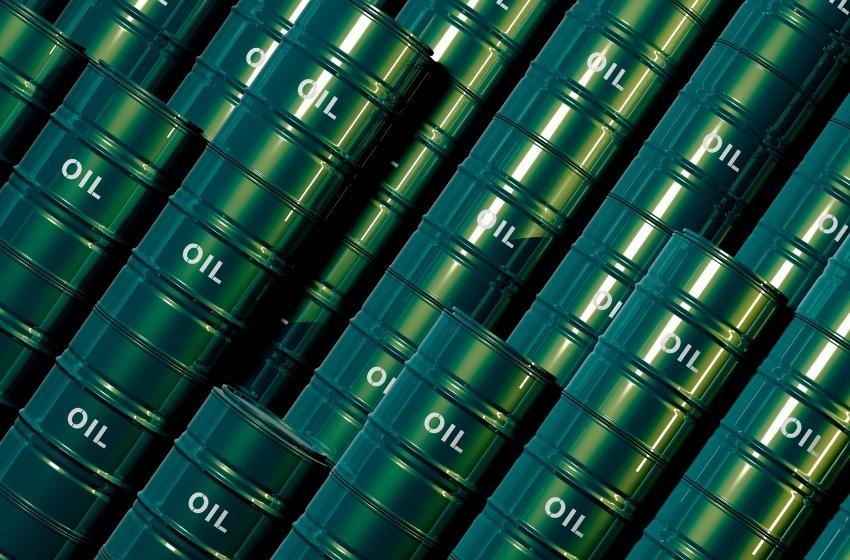The European Union, the United States, and Ukraine's other partners should complement the tightening of sanctions on the Russian Federation by setting a cap on the price of oil exported by sea, which still generates revenue for the Russian military machine. This is stated in a joint article by Adviser to the President of Ukraine on Economic Affairs Oleg Ustenko and Minister of Energy Herman Galushchenko for the international media organization Project Syndicate.
The authors note that the West has made significant progress in developing sanctions that could prevent Russian President Vladimir Putin's war of conquest in Ukraine. The financial sanctions imposed after the Russian invasion were effective, as freezing the Russian Central Bank reserves largely destroyed Russia's shock cushion. Since that time, the ruble's stability has been ensured only by tight control over capital and a long-term inflow of foreign currency from the sale of oil and gas.
After a long debate, the EU member states decided in five months to stop buying Russian oil, which is transported by sea. With Russia still exporting about 1.25 million barrels of oil per day to the EU by sea, a reduction in those supplies could seriously impact Vladimir Putin's income stream, the strength of the ruble, and the already fragile Russian financial system.
But, according to Oleg Ustenko and German Galushchenko, waiting five months to break the Russian military machine is unacceptable.
“Every day, Russian troops are killing more and more Ukrainians. We cannot wait. We need the last element of the strategy to reduce the flow of funds that pay Russia for oil and oil products, thereby limiting the Kremlin's income,†the authors note.
According to them, in May this year, only the EU imported Russian oil by sea in the amount of more than 5 billion US dollars, and such volumes of purchases will continue in June.
According to the authors, a complete embargo on oil exports to the rest of the world by ships owned by the EU may lead to an increase in prices for this energy carrier. This will lead to economic difficulties worldwide and increase the Russian Federation's income. This solution must be adapted to new conditions.
It is necessary to take immediate measures to limit the price Russia receives for a barrel of oil sold.
“We support the recent proposals by US Treasury Secretary Janet Yellen and Italian Prime Minister Mario Draghi to cap the price Russia receives per barrel of oil. The EU could do this by using its purchasing power over the next five months and the fact that the majority of Russian oil - about 70% - is transported on ships owned, insured, and financed by organizations in the EU, the United States, the UK, and other allied countries. These measures are being actively discussed among EU members, and we call on all other countries to join them,†Oleg Ustenko and German Galushchenko said in an article.
Experts point out that the marginal cost of production from existing Russian oil fields is extremely low, so the price cap must be set at the lowest level to reduce the revenues of Vladimir Putin's regime. At the same time, deliveries of Russian oil to the international market will continue, which will prevent a short-term negative impact on the level of prices around the world.
This price cap can be implemented in several ways: either as a direct cap or as a tariff. The advantage of a tariff or tax structure is that it generates income that can be used to cover the cost of housing the approximately 5 million Ukrainian refugees now in the EU, or to help other low-income people affected by the consequences of Vladimir Putin's war.
According to the authors, if Russia refuses to supply oil at such a low price and stops production, it will negatively impact its oil wells and effectively stop membership in OPEC +. This will lead to losses for the Russian economy and increase pressure on the ruble.
“Without hard currency, it will be difficult for Putin to buy components for his missiles and other weapons from other countries. Without government revenue, Russia will have to print more money to support its war effort, which will lead to accelerated inflation and its further collapse,†summarize Oleg Ustenko and German Galushchenko.





















